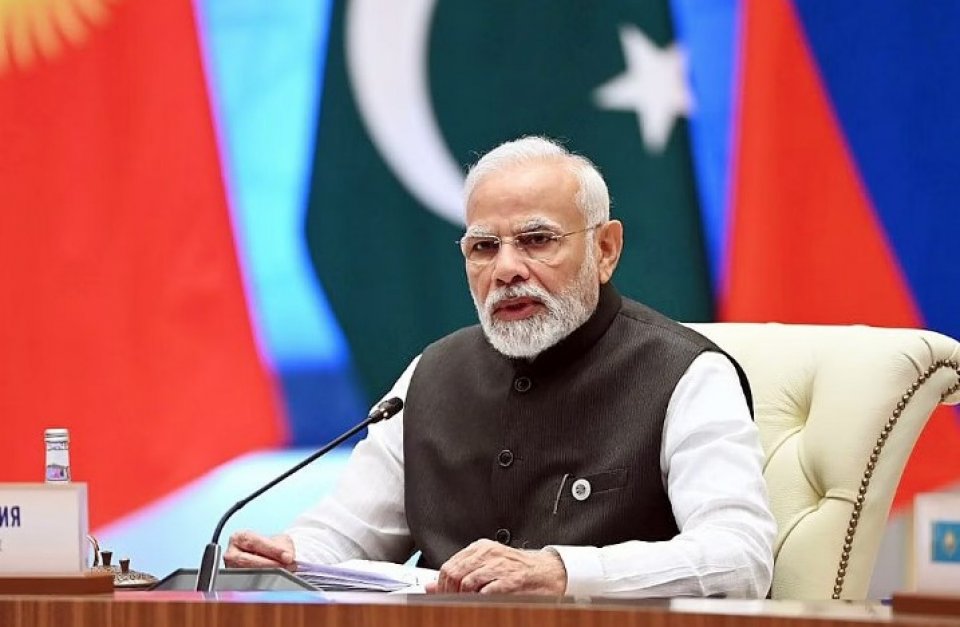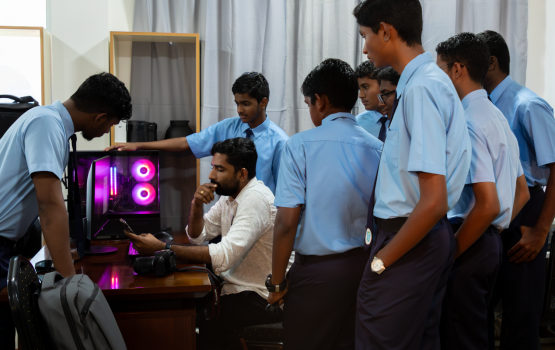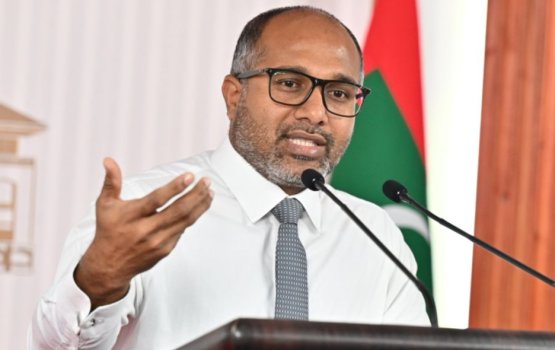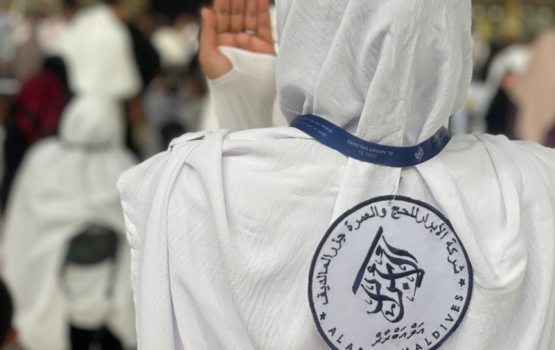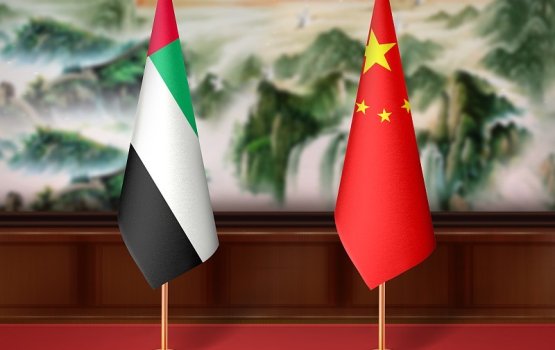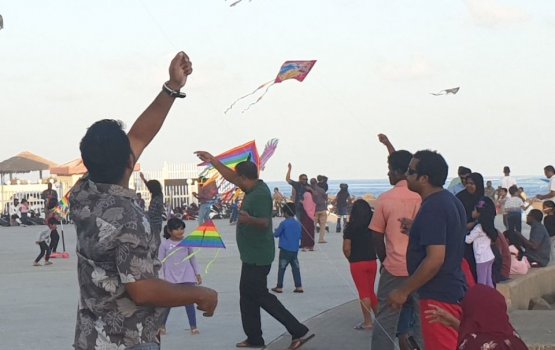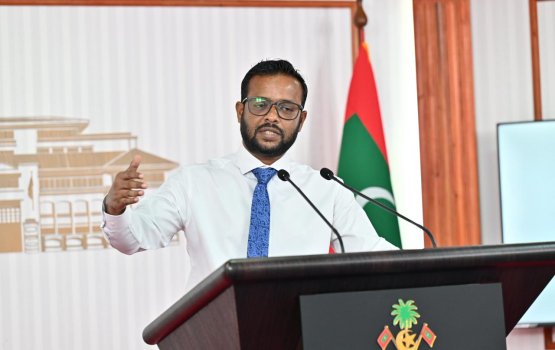A total of 233 existing schools across Jammu and Kashmir will be upgraded and developed under the PM Schools for Rising India (PM Shri) scheme during the first phase, according to officials.
Pointing out that approval from the Union Ministry of Education for their upgradation has come, an official statement said the Union Territory administration has sought the ministry’s approval for the upgradation of another 265 schools during the second phase. Twenty master trainers, one for each district, have been trained at New Delhi, the statement added.
J&K’s Lt Governor Manoj Sinha, who chaired a meeting on Wednesday to review the implementation of the PM Shri Schools scheme in the UT on the occasion of Teacher’s Day, said these schools will provide leadership to other schools in their respective areas by providing mentorship. He added that these schools will focus on the learning outcomes of every child in every grade while promoting critical thinking, communication, collaboration and creativity in all schools.
He also directed the Education Department to prepare a comprehensive five-year plan to reduce the distance of schools for children so that they should not have to travel long distances.
He also ordered the inclusion of life history and contributions of inspirational icons like General Zorawar Singh, Brig Rajinder Singh, Maqbool Sherwani and other prominent personalities in the school curriculum, besides ensuring vocational training and skill development programmes and inclusion of Indian philosophy in all the universities of J&K.
On Teacher’s Day (September 5) in 2022, Prime Minister Narendra Modi announced the PM Shri scheme for the upgradation and development of around 14,500 schools across the country.
The centrally-sponsored scheme aims to strengthen 14,500 existing schools managed by the central, state and UT governments or local bodies so that they emerge as exemplars of schools over time, showcasing the National Education Policy 2020.
The scheme is designed to cater to the diverse backgrounds, multilingual needs and different academic abilities of children, making them active participants in their own learning process. (IE)

